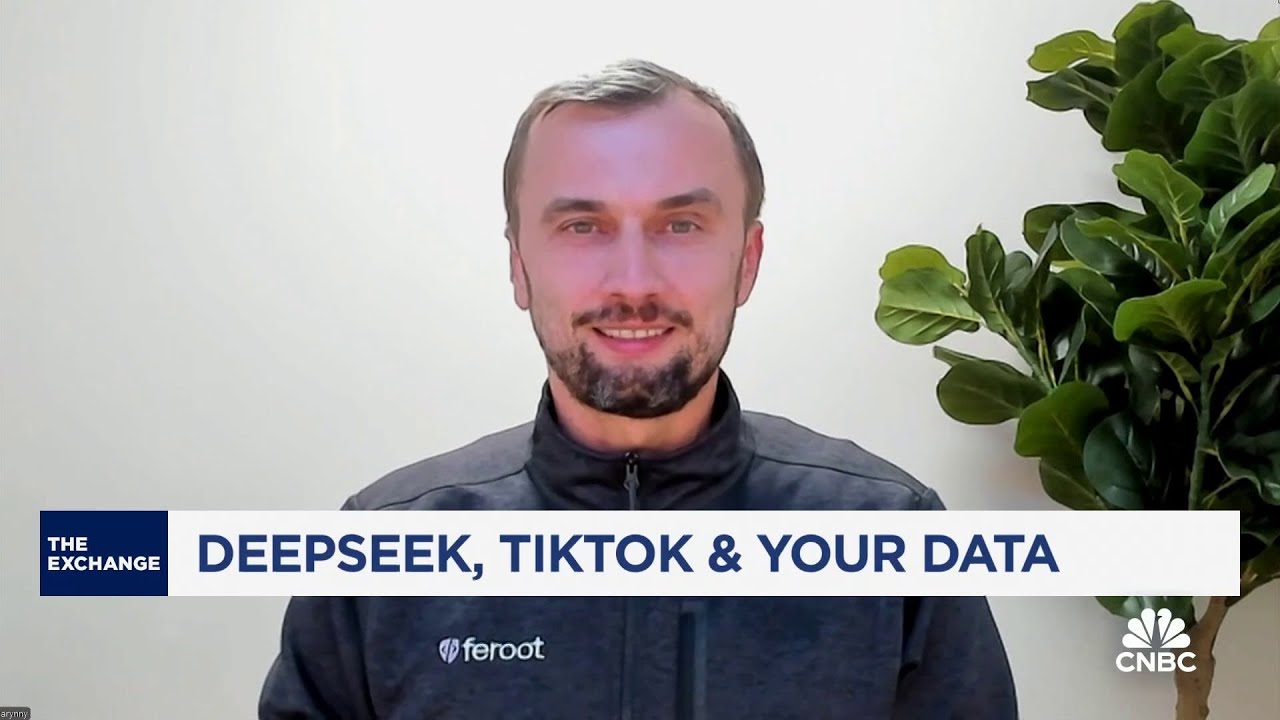Ivan Tsarynny, CEO of Feroot Security, raised concerns about the DeepSeek app’s authentication system, which connects user data to Chinese servers via Sea Passport, linked to China Mobile. He emphasized the importance of being cautious with personal information when using apps with foreign ties, contrasting DeepSeek’s practices with those of American tech companies that typically keep user data within the U.S.
In a recent discussion, Ivan Tsarynny, CEO of Feroot Security, addressed concerns regarding the authentication system of the DeepSeek app, which is reportedly connected to Chinese servers. Tsarynny highlighted that when users sign up for DeepSeek, their information is transferred to a service called Sea Passport, which is linked to China Mobile, a company owned by the Chinese government. This connection raises significant privacy concerns, especially for users who may not be aware of where their data is being sent.
During the conversation, a user shared their experience of attempting to sign up for DeepSeek using their Google profile, only to encounter issues with the registration process. This prompted them to question the safety of signing in with their Google account to an app associated with China. Tsarynny reassured the user that it is crucial to be cautious about sharing personal information with such applications, especially those that have ties to foreign governments.
Tsarynny emphasized that the data transfer practices of DeepSeek are alarming, as they involve sending user information directly to Chinese servers. He noted that this is a significant departure from the practices of many American tech companies, which typically keep user data within the country. The discussion also touched on the broader implications of using apps like DeepSeek compared to more established platforms like TikTok, which has faced scrutiny for its data handling practices.
In comparing DeepSeek to TikTok, Tsarynny pointed out that both platforms utilize similar tracking technologies, such as pixels operated by Baidu. However, he also contrasted these with American tools like ChatGPT and Gemini, which are designed to keep user information within U.S. borders. This distinction highlights the varying levels of data privacy and security that users can expect from different applications based on their country of origin.
Ultimately, Tsarynny’s insights serve as a warning for users to be vigilant about the apps they choose to engage with, particularly those that may have connections to foreign entities. He advised that individuals should consider the potential risks associated with sharing their personal information and take steps to protect their privacy, such as deleting apps that raise red flags and being mindful of their online interactions.
